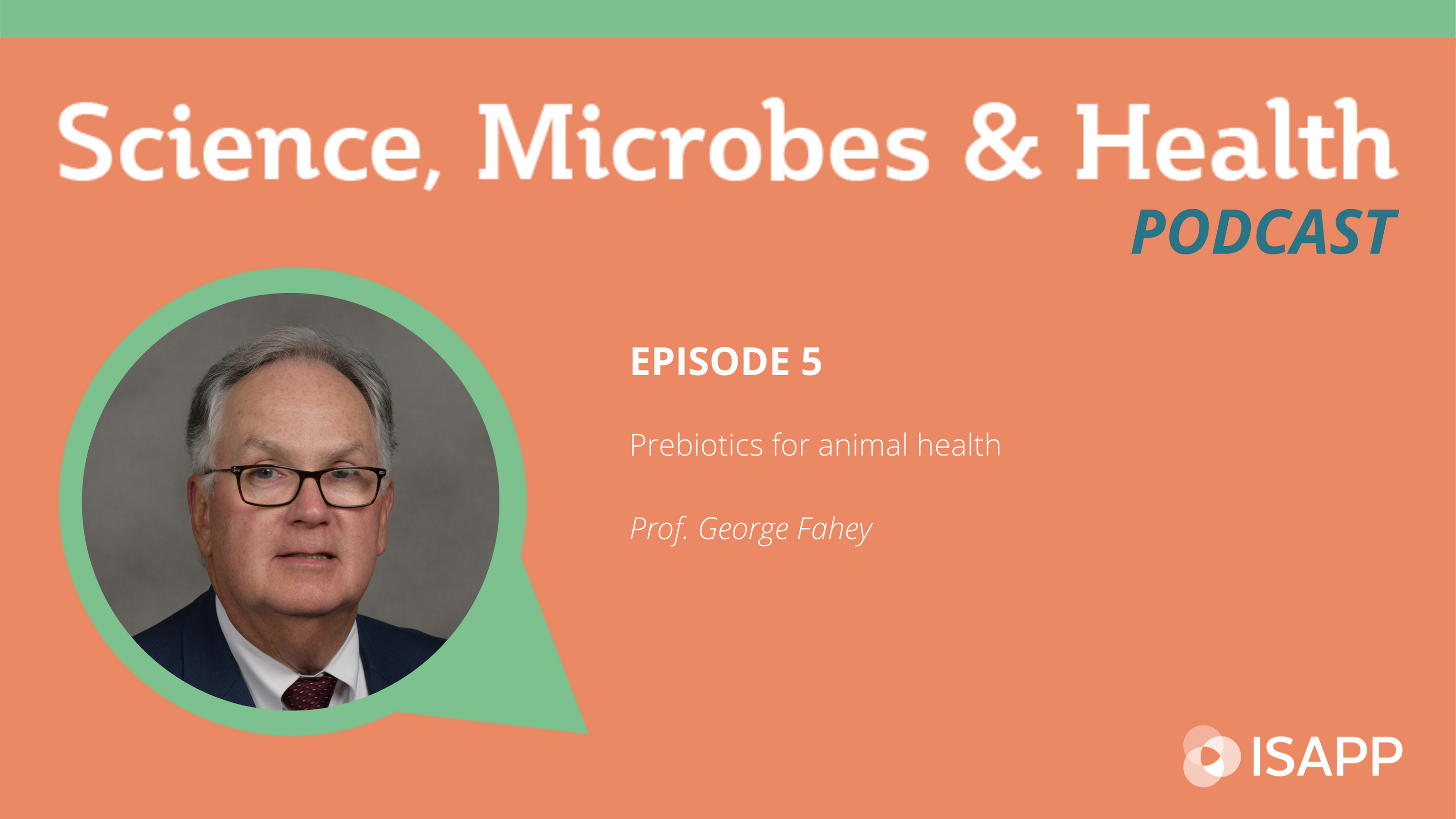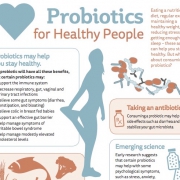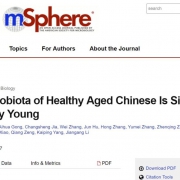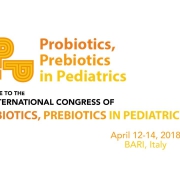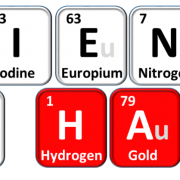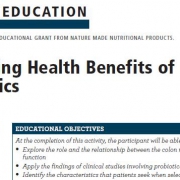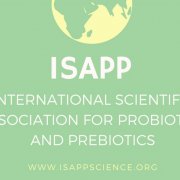Episode 5: Prebiotics for animal health
Podcast: Play in new window | Download
Subscribe: Apple Podcasts | Spotify | RSS
The Science, Microbes & Health Podcast
This podcast covers emerging topics and challenges in the science of probiotics, prebiotics, synbiotics, postbiotics and fermented foods. This is the podcast of The International Scientific Association for Probiotics and Prebiotic (ISAPP), a nonprofit scientific organization dedicated to advancing the science of these fields.
Prebiotics for animal health, with Prof. George Fahey
Episode summary:
The hosts discuss prebiotics for animals with Prof. George Fahey, a prominent animal nutrition scientist who is currently Professor Emeritus at University of Illinois. Fahey explains how animal nutrition research relates to human nutrition research, and the changes in the field he has seen over the course of his long career. He describes the research on prebiotics for animal nutrition, covering both livestock and companion animals.
Key topics from this episode:
- A short history of animal prebiotics research as well as future opportunities in animal nutrition.
- Pro- and prebiotics are being explored as an alternative to antibiotic treatment in production animals. Antibiotics are overused, leading to an increase in antibiotic resistance; the “biotics” therefore have great potential in animal nutrition.
- Probiotics can potentially be used instead of antibiotics to inhibit pathogens and support the gut microbiota in animals.
- Prebiotics possibly have high nutritional value and beneficial effects in animals, especially in poultry and pigs.
- There are limitations to using prebiotics in the animal industry, especially for some animals such as horses and ruminants.
- There has been increased use of prebiotics for companion animals (pets) in the past few years. Now many pet foods contain prebiotics.
- Benefits of using prebiotics in companion animals:
- Support digestive health
- Improve stool quality
- Support the gut microbiota, which also translates to good stool quality
- A short overview of how companion animals’ food is produced, and the timing of adding prebiotics.
- Wild animals’ diet has low nutrition with limited to no prebiotic intake, resulting in a shorter lifespan in comparison with companion animals
- Some take-home points from animal models and animal nutrition research.
Episode links:
Expert consensus document: The International Scientific Association for Probiotics and Prebiotics (ISAPP) consensus statement on the definition and scope of prebiotics
The International Scientific Association for Probiotics and Prebiotics consensus statement on the scope and appropriate use of the term probiotic
Additional resources:
Are prebiotics good for dogs and cats? An animal gut health expert explains. ISAPP blog post
Using probiotics to support digestive health for dogs. ISAPP blog post
Prebiotics. ISAPP infographic
About Prof. George Fahey:
George C. Fahey, Jr. is Professor Emeritus of Animal Sciences and Nutritional Sciences at the University of Illinois at Urbana-Champaign. He served on the faculty since 1976 and held research, teaching, and administrative appointments. His research was in the area of carbohydrate nutrition of animals and humans. He published numerous books, book chapters, journal articles, and research abstracts.
He currently serves on two editorial boards, numerous GRAS expert panels, and is scientific advisor to both industry and governmental organizations. He retired from the University in 2010 but continues to serve on graduate student committees and departmental search committees. He owns Fahey Nutrition Consulting, Inc. that provides services to the human and pet food industries.

